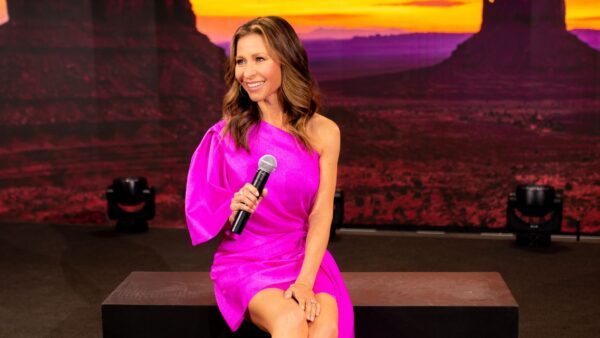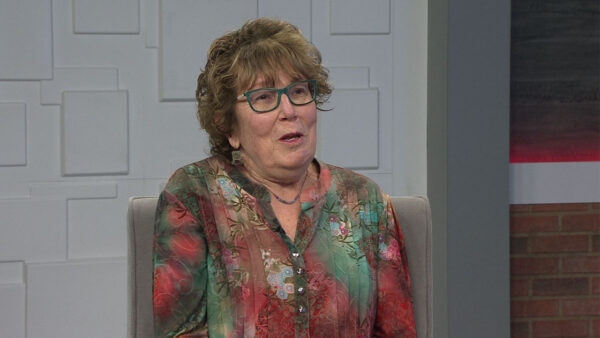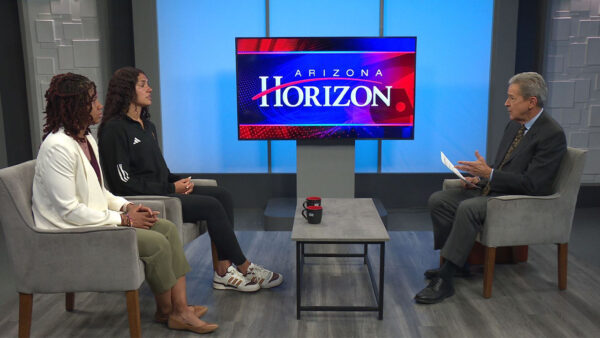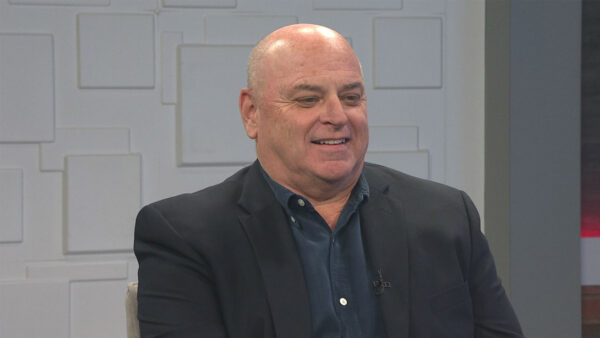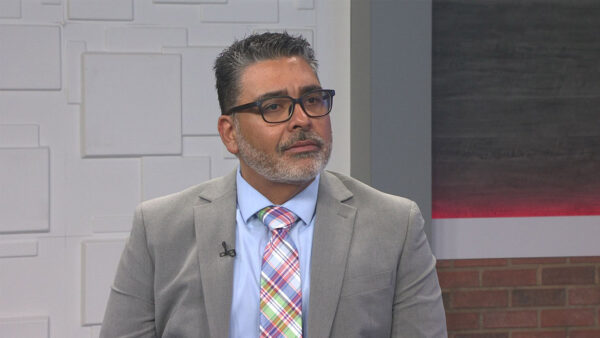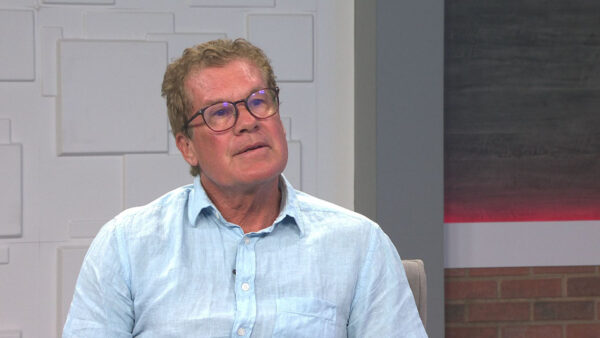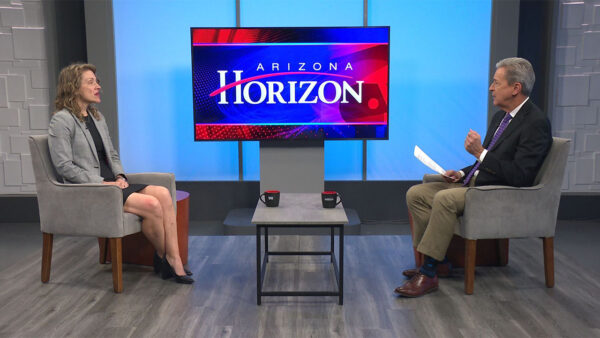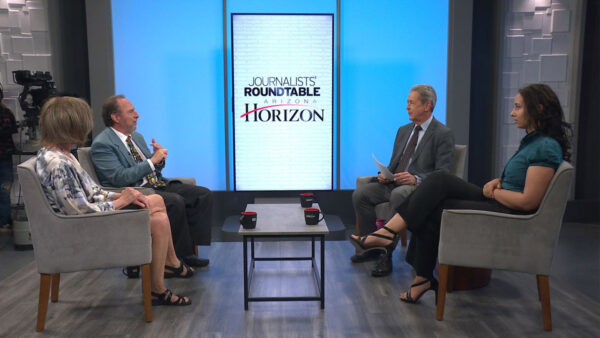‘Catalyst’ explores how generosity can be scientifically measured
May 2, 2018
The newest local series on Arizona PBS, “Catalyst,” follows the Human Generosity Project’s mission to figure out how to measure the trait.
The Human Generosity Project has teams in several different locations around the world that are working to understand the science behind generosity. One of those locations lies on the border of Arizona and New Mexico.
“Science is looking for a way to measure generosity that goes way beyond dollar amounts,” says executive producer Steve Filmer. “Many of the scientists doing this research are based right here in Arizona. They’re working on measurement tools with the hope of quantifying how generosity helps human success and survival.”
The southwest location looks at how ranchers lend a hand to one another not only because it’s mutually beneficial, but because it’s how that community is raised to behave. Rancher Rich Winkler says kids don’t grow up watching TV. They grow up learning the ropes of ranching and offering to help their neighbors.
“That’s how generosity happens, by knowing one another,” Winkler says.
Dr. Lee Cronk, co-director of the Human Generosity Project for Rutgers University, says the understanding and effortless empathy causes ranchers to help each other without a second thought. They will all go through similar struggles throughout their lives, so it benefits themselves when they help others.
“Knowing those difficulties at times lends itself to neighbors helping each other,” Cronk says. “Another form it takes is sort of a spontaneous response to help when need arrives out of the blue. When someone on the ranch gets sick or injured, then the neighbors step up and offer help to make sure things get done.”
Rancher Billy Darnell agrees that learning to take care of your neighbors is a natural thing in the community. They share similar problems like repairing fences and watching out for smugglers. If your neighbor’s ranch falters, yours could too.
“Having that network of people they can depend on is why that way of living that is so hard is still working,” says Dr. Athena Aktipis, co-director of the Human Generosity Project at Arizona State University.
The Human Generosity Project also has locations in Fiji, Africa and Mongolia. For more information about the project, catch up on “Catalyst” or visit humangenerosity.org.
“Catalyst” explores the Human Generosity Project:
Surviving the nomadic lifestyle in Mongolia
The generosity of the Ick people of Uganda
The culture of generosity in Appalachia
The science of herding cattle in the Southwest


